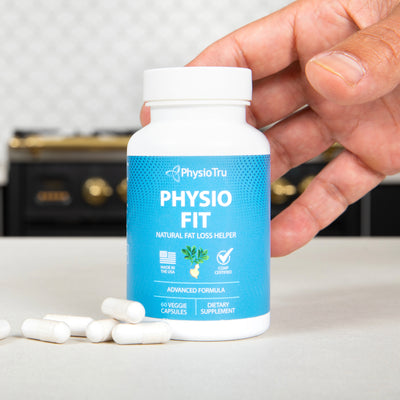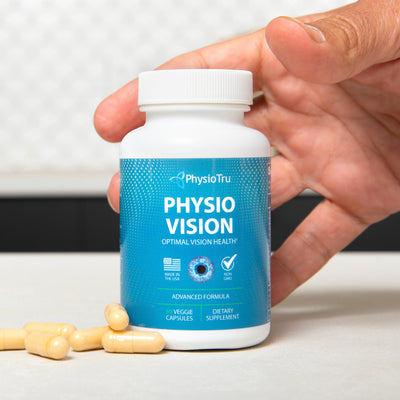Heart Attacks and Young Adults

For decades heart attacks were known to be a disease for older people, Grandparents used to be the demographic that was most at risk for contracting heart attacks. Not anymore. Despite the steady decline of heart attack cases in the United States overall - due in large part to advances in medication such as statins and an overall decline in smoking - the rate of heart attacks occurring in persons under 40 are on the rise. Researchers are now seeing an increase in cases among people in their 40s, 30s, and some in their 20s. What used to be a disease for grandparents, is now a disease affecting their grandkids as well.
Dr. Ron Blankenstein, a preventive cardiologist Brigham and Women’s Hospital and an associate professor at Harvard Medical School, authored a study that saw this steady rise in heart attacks amongst younger adults. The study identified the usual risk factors such as type 2 diabetes, high blood pressure, smoking, a family history of premature heart attacks and high cholesterol as the culprits. The study also added substance abuse as a primary factor amongst the youngest patients. Dr. Luke Laffin M.D. of the Cleveland Clinic points to lifestyle issues and type 2 diabetes as the biggest factors. Laffin attributes this to the changing millennial lifestyle, more uber eats, less cardio and increased screen time are some of the things that younger adults start from an early age and carry over to adulthood. More and more people are becoming more and more sedentary in their lifestyles, and a proper focus on prevention and lifestyle modification would be needed to stem this rise of heart attacks in younger adults.
Blankenstein echoes this sentiment, hammering down the point that while heart attacks are sometimes genetic in nature, a huge number of cases could be avoided with early detection, prevention, and aggressive lifestyle modification would be crucial to mitigate other potential risk factors. While the trends in heart attack patients may have changed, the old advice that used to be given to older adults remain the same, avoid tobacco and other substances that place undue stress to your heart, get some exercise, watch your diet, lose weight, and avoid diabetes and activities that may lead to it. These alone will greatly lower the number of heart attack cases in younger adults.
Blog post
Give your customers a summary of your blog post




